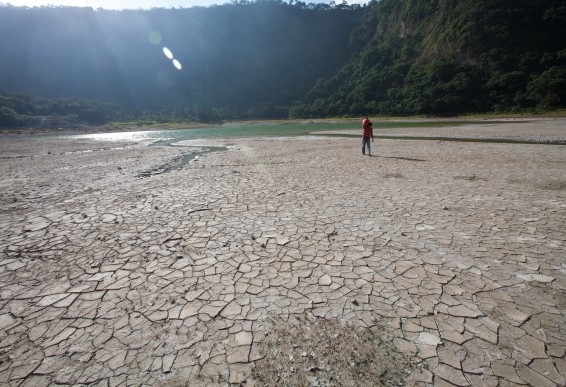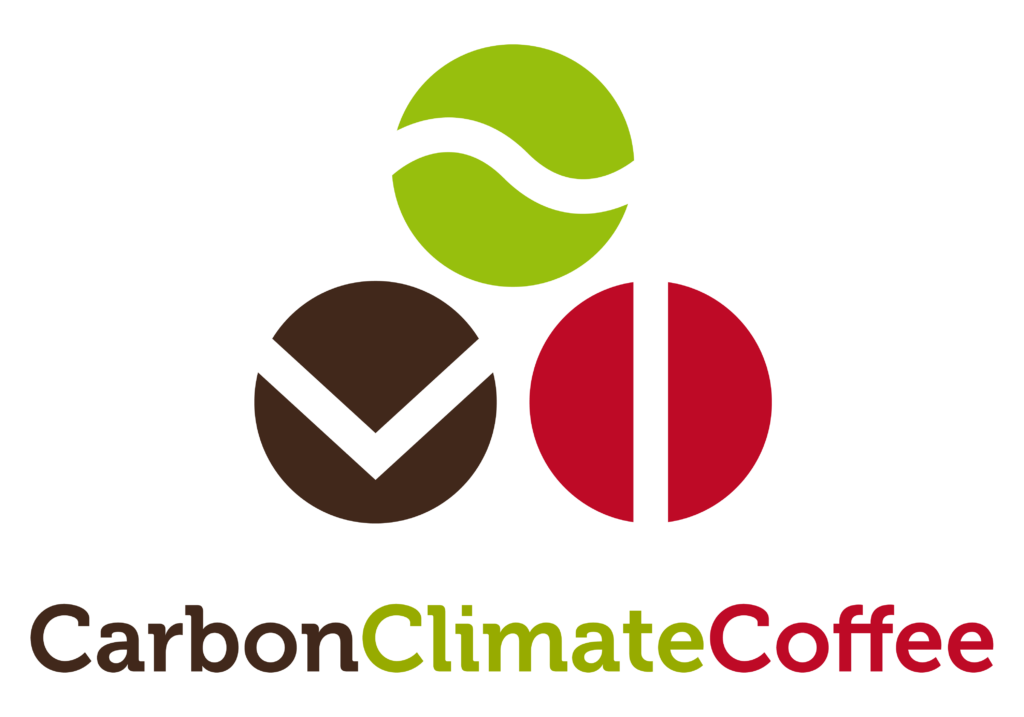
Noemi Klein, a renowned Canadian journalist and champion of climate change issues and popular causes, was in Montreal recently for the premier open screening of the film, This Changes Everything, based upon her best-selling book of the same title. It was simultaneously both a sobering and an immensely motivating event.
It’s daunting to realize the climate-related issues that we, in the world of coffee, consider “monumental” — are actually just the tip of the figurative (and melting) iceberg in the broader scheme of things. And yet, it was so incredibly inspiring to learn of the effective, collaborative and community-led responses already in place to confront this global issue.
Montrealers showed their overwhelming interest –- as people of all sizes, ages, shapes and colors lined-up to view This Changes Everything and to become better informed. I arrived at the Concordia University Auditorium an hour prior to the film screening and was lucky to get in. Some 800 people behind me, all equally hungry for information, were not so fortunate. Are we truly in the midst of a global “reawakening” with people becoming ready, willing and able to open up and embrace change and to learn new behaviors?
The Scope of the Problem
According to the recent Report by the FAO, the UN Food and Agricultural Organization, agricultural greenhouse gas emissions have almost doubled in the past 50 years, with more than 10 million tonnes emitted between 2001 and 2011. If left unchecked, these emissions will continue to rise—by as much as 30 percent before 2050—and continue to alter weather patterns around the globe.
The climate watch and mobilizing organization 350.org illustrates in this short introductory video the impact of these rising emissions on life as we know it. The number 350 itself is educational – as it defines the CO2 emissions limit for climate safety.
“All weather events are now influenced by climate change, because all weather now develops in a different environment than before,”  explains Susan Joy Hassol, director of Climat Communication, a non-profit science and outreach project. “While natural variability plays a role in extreme weather, climate change has shifted the odds and changed the natural limits, making certain types of extreme weather more frequent and more intense.”
explains Susan Joy Hassol, director of Climat Communication, a non-profit science and outreach project. “While natural variability plays a role in extreme weather, climate change has shifted the odds and changed the natural limits, making certain types of extreme weather more frequent and more intense.”
The National Center for Environmental Information NOAA documented 10 weather and climate disaster events last year in the USA alone. One drought, two major floods, five severe storm events, one wildfire, and one extreme winter storm, resulted in excess of US$10 billion in economic loss and a death toll of at least 155 people (not including the current snow storm that just buried much of the East Coast).
And according to a comprehensive World Bank 2013 Climate Report, the international cost of extreme weather has risen from US$50 billion per year in the 1980s to some US$200 billion per year this past decade.
So when we hear that climate adaptation and technology innovation is “too expensive” – we need to re-think the math; the cost of doing nothing will be ever so much more painful.
Stern Report: benefits of strong action on climate change outweigh the costs
“No-one can predict the consequences of climate change with complete certainty; but we now know enough to understand the risks,” the UK government commissioned Stern Report finds. “Mitigation – taking strong action to reduce emissions – must be viewed as an investment, a cost incurred now and in the coming few decades… to avoid the risks of very severe consequences in the future.”
The silver lining on this ominous news is, as the Stern Report concludes: “If these investments are made wisely, the costs will be manageable, and there will be a wide range of opportunities for growth and development along the way.”
So the next time you hear someone say that “Climate Change is just too big to get your head around,” or that it’s “too much of a slow burning issue to get people mobilized around,” — please point them to 350 degrees, or the growing mountain of scientific research, popular opinion and ongoing impact of extreme weather… in the hopes that they can re-visit that opinion.
And if that doesn’t work, perhaps they could relate to a simple analogy: “Imagine driving your treasured Lamborghini down the road and see a massive wall looming in the distance. Would you speed up? Or would you slow down?”
That’s the choice. And the Earth is our treasured vehicle.
Author: Monika Firl
January 26, 2016






















